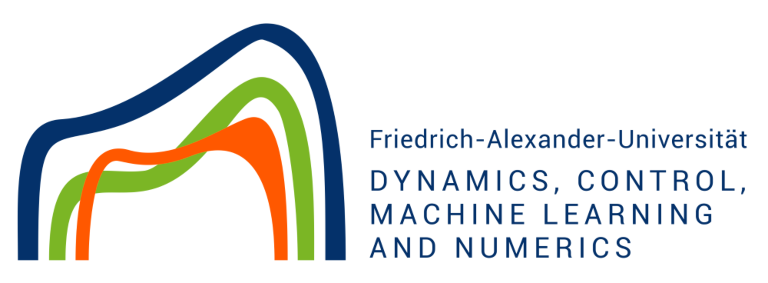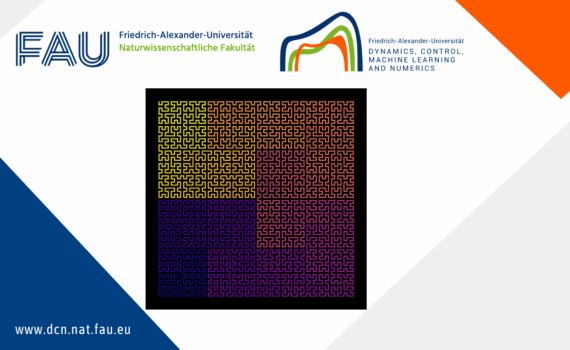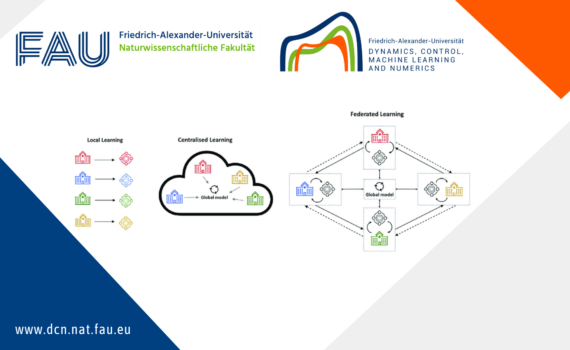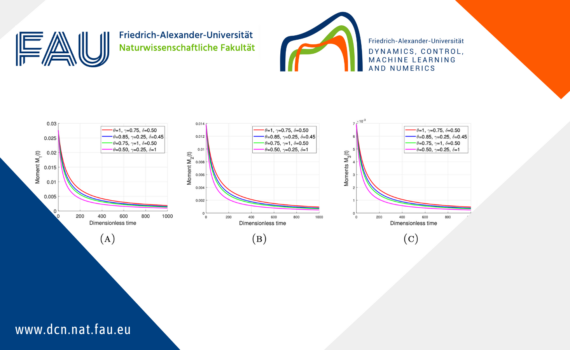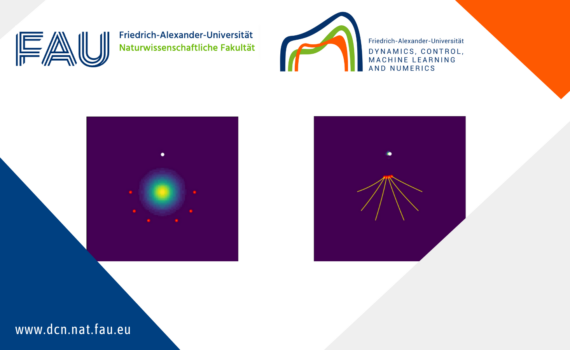Mathematics & Philosophy: On the philosophical foundations of mathematics and its role as a structural science When we talk about mathematics today, many people think primarily of numbers, formulas, and calculations. Yet anyone who delves more deeply into the field soon discovers that mathematics is far more than a mere […]
Math post
Federated Learning for Systems Identification Federated learning (FL) operates in a decentralized manner, as shown Figure 1, allowing multiple clients (or devices) to collaboratively train a model while ensuring the privacy of local data. This method is particularly relevant for systems identification, where clients have access to limited and environmentspecific […]
3−wave turbulence kinetics: Numerical approach for energy cascading This post provides an overview of the results presented in the paper “Numerical schemes for a fully nonlinear coagulation-fragmentation model coming from wave kinetic theory” by Arijit Das and Minh-Binh Tran [1]. 1. Introduction The theory of wave turbulence has been […]
How to steer a fleet of agents by controlling only a few: a mean-field approach 1 Introduction The challenge of controlling large systems of interacting agents has garnered significant attention in recent years. Applications of such problems include crowd evacuations, achieving consensus within a large group, and traffic flow […]
